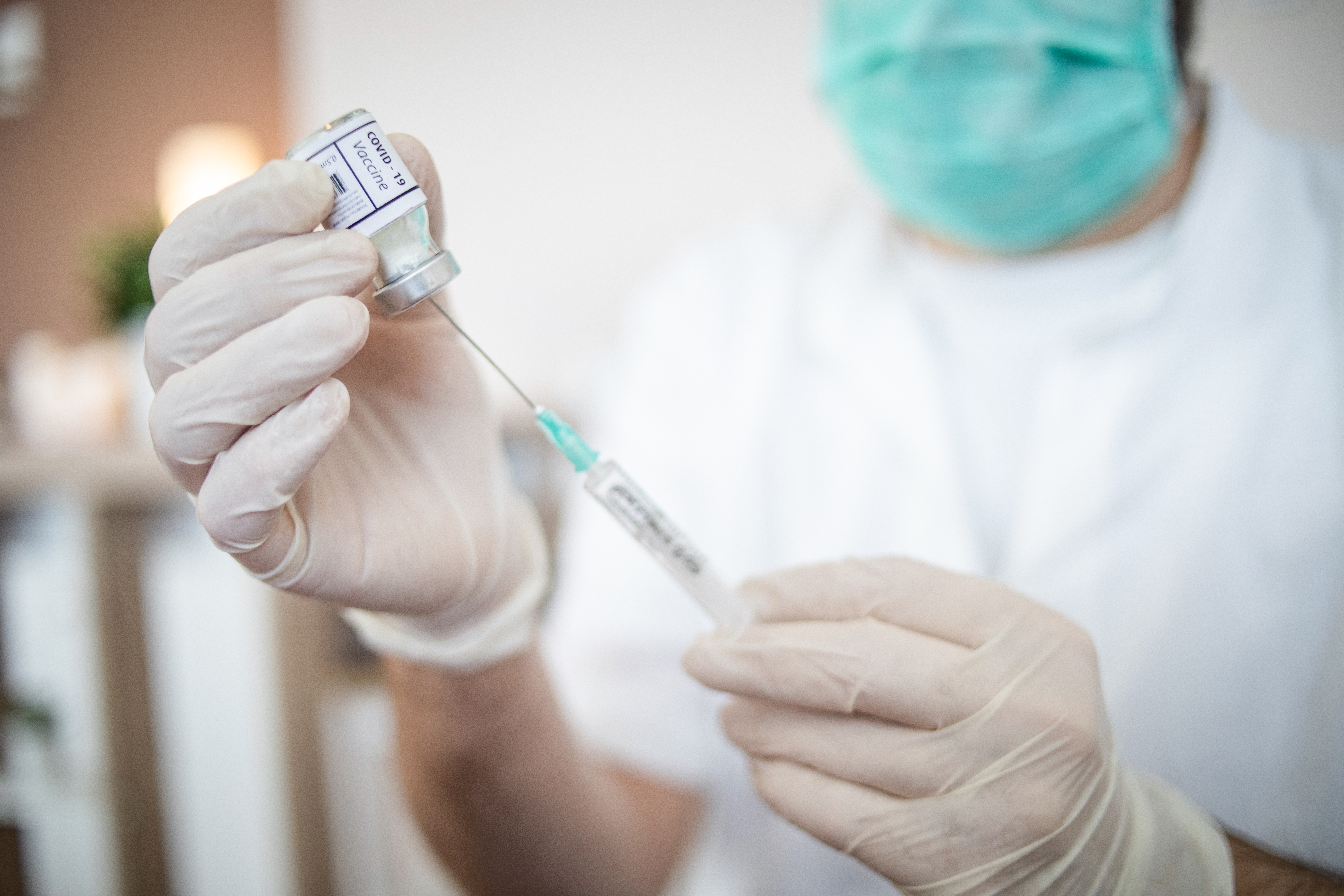Boston doctors are sounding the alarm over an expected surge in COVID cases as hospitals across Massachusetts struggle with bed and staffing shortages.
"Our hospitals are full. All hospitals are full," Dr. Shira Doron of Tufts Medical Center said Tuesday on NBC10 Boston's weekly "COVID Q&A" series. "Hospitals are already doing really terrible things like deferring and canceling elective surgery now in Massachusetts and so, you know, we are not in a position where we can afford an increase in COVID cases. Or flu, for that matter."
The Baker administration on Tuesday ordered hospitals with bed shortages to cease non-urgent procedures starting next week. For residents seeking care that they might have put off over the last year and a half, the state-imposed restriction means they have to wait even longer.
The new order, effective Monday, Nov. 29, is an attempt to ensure that hospitals have the capacity to for urgent health needs while they deal with "a critical staffing shortage." To date, those staffing shortages have led to the loss of about 500 surgical and ICU hospital beds across Massachusetts.
Get Boston local news, weather forecasts, lifestyle and entertainment stories to your inbox. Sign up for NBC Boston’s newsletters.
Meanwhile, COVID hospitalizations are on the rise and experts are predicting a winter surge in cases -- particularly after the holiday season.
How many new COVID-19 cases are Massachusetts hospitals seeing?
As of Tuesday, the number of patients in Massachusetts hospitals with confirmed COVID-19 cases increased to 740, the most since April 6; and the hospital system was averaging about 647 patients each day. The figure was once nearly 4,000, but reached under an average of 85 at one point in July.
"There will be a surge. There's no question about it," Dr. Daniel Kuritzkes of Brigham and Women's Hospital said. "I think we're at the beginning of it with the numbers, you know, that we saw in this last couple of days. And there will be more cases following Thanksgiving and following Christmas."
Last year, when vaccines were not available, COVID-19 hospitalizations exploded after Thanksgiving -- jumping more than 135%, from 986 patients on Thanksgiving to 2,323 patients on New Year's Eve.
The administration said that "the current high census level and annual increases in hospitalization commonly seen during the period post-Thanksgiving through January" also contributed to the decision.
More From COVID Q&A
A panel of Boston-based doctors talking about everything related to the COVID-19 pandemic.
Boston Medical Center's Dr. David Hamer said "it's very hard to predict," just how bad the surge will be and how long it will last. He estimated it will persist into January and possibly February before it starts to come down.
"It may drop off sooner. I mean, the epidemiology of this viral infection has been hard to predict and its thrown out a lot of surprises," he said. "It's not going to be easy, but it won't be as deadly as it was a year and a half ago."
The good news, according to Hamer, is that the northeast has high vaccination rates for the most part.
Doron emphasized the importance of getting vaccinated in that context, including against influenza.
"Flu vaccination is really, really important for everybody right now," she said. "And if you're eligible for a booster, particularly if you're in the groups that the CDC recommends, you should get a booster."
State House News Service contributed to this report.



